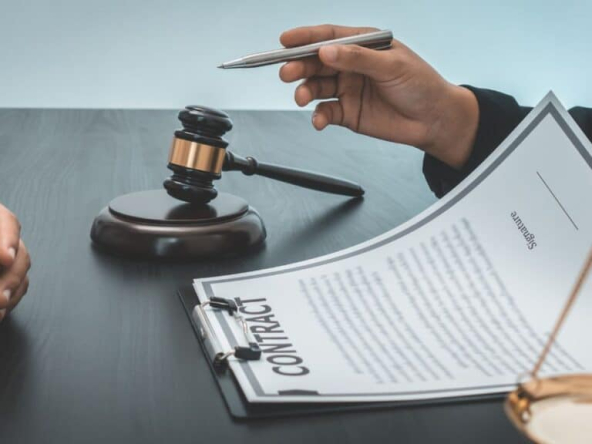Tenants have certain rights and expectations when it comes to privacy in their rental properties. Landlords must adhere to these rights while also ensuring the safety and security of their property.
Striking the right balance between respecting tenant privacy and protecting landlord interests can be challenging.
In this legal overview, we will explore the rights and responsibilities of both landlords and tenants in safeguarding tenant privacy.
Understanding Tenant Privacy Rights
Right to Quiet Enjoyment
One of the fundamental rights tenants have is the right to quiet enjoyment of their rental property. This means that tenants have the legal right to use and enjoy their rented space without unnecessary interference from their landlord. Landlords must not intrude on the tenant’s right to privacy and peaceable possession of the property.
Protection from Unlawful Entry
Tenants have the right to protection from unlawful entry into their rental unit. Landlords cannot enter the tenant’s premises without prior notice, except in emergencies or specific circumstances outlined in the lease agreement. The notice period and the reasons for entry may vary by jurisdiction, so it’s crucial for both landlords and tenants to familiarize themselves with local laws.
Privacy During Repairs and Maintenance
When repairs or maintenance are necessary, landlords must provide reasonable notice to tenants before entering the property. The notice should specify the date and time of entry and the purpose. This allows tenants to plan accordingly and protect their privacy.
Landlord Responsibilities in Protecting Tenant Privacy
Lease Agreements
The lease agreement serves as the foundation for tenant-landlord relationships. Landlords should include clear clauses regarding tenant privacy and entry rights in the lease. This can help avoid misunderstandings and conflicts down the road. Common lease clauses may specify notice requirements for entry, the purpose of entry, and the tenant’s rights regarding privacy.
Proper Notice
Landlords must provide tenants with proper notice before entering the rental unit. The notice period varies by jurisdiction but typically ranges from 24 to 48 hours. Landlords should ensure that they comply with the specific notice requirements outlined in local laws.
Emergencies and Maintenance
In emergencies such as gas leaks or flooding, landlords have the right to enter the rental unit without prior notice to address the issue promptly. However, they should still respect tenant privacy to the greatest extent possible and notify tenants as soon as possible after entry.
Security Measures
Landlords have a responsibility to maintain the safety and security of their rental properties. This includes providing adequate locks and security measures on doors and windows to protect tenant privacy. Any security cameras on the property should be installed and used in compliance with privacy laws.
Tenant Responsibilities in Protecting Privacy
Maintenance and Repairs
Tenants are responsible for reporting maintenance and repair issues promptly to the landlord. Timely communication can help ensure that necessary repairs are conducted with minimal disruption to the tenant’s privacy.
Security Measures
Tenants should also take steps to ensure their own privacy and safety. This includes using the locks and security features provided by the landlord and taking precautions to protect personal information.
Compliance with Lease Terms
Tenants must comply with the terms of their lease agreement, including any clauses related to privacy and property access. Failing to adhere to these terms can lead to legal consequences.
Legal Consequences of Privacy Violations
Tenant Remedies
If a landlord violates a tenant’s privacy rights, the tenant may have legal remedies available. These remedies may include the right to terminate the lease, seek monetary damages, or obtain injunctive relief to prevent further privacy violations.
Landlord Liability
Landlords who fail to respect tenant privacy rights may face legal consequences, including fines and penalties. Additionally, landlords could be liable for damages resulting from their actions or negligence.
Privacy Laws and Regulations
It’s essential for both landlords and tenants to be aware of federal, state, and local privacy laws and regulations that may apply to rental properties. These laws can vary significantly by location, so it’s crucial to research and understand the specific requirements in your area.
Conclusion
Protecting tenant privacy is a fundamental aspect of landlord-tenant relationships. Both parties have rights and responsibilities that must be upheld to create a harmonious living environment.
Landlords should be proactive in understanding and complying with privacy laws, while tenants should take steps to safeguard their own privacy within the rental property.
By following legal guidelines and fostering open communication, both landlords and tenants can maintain a respectful and private living arrangement.




